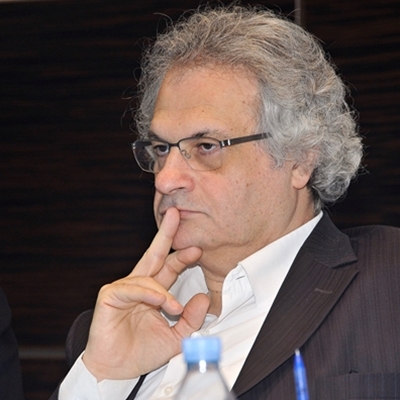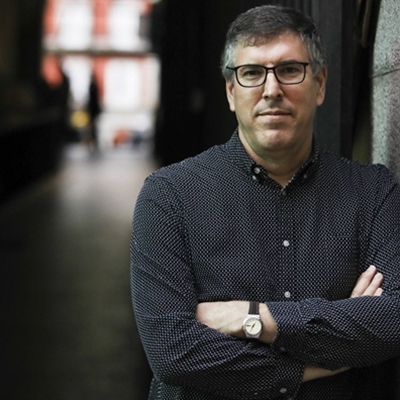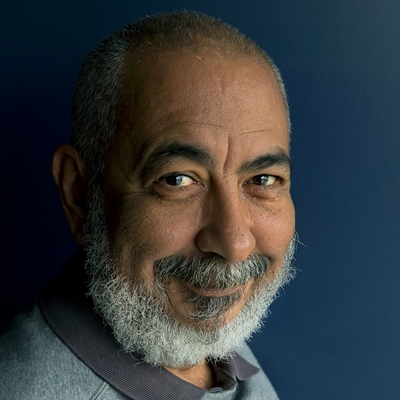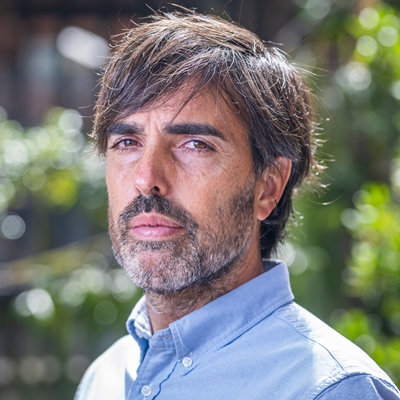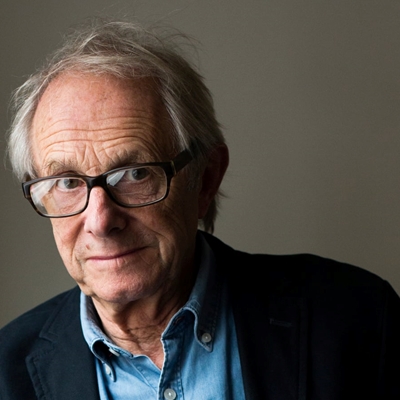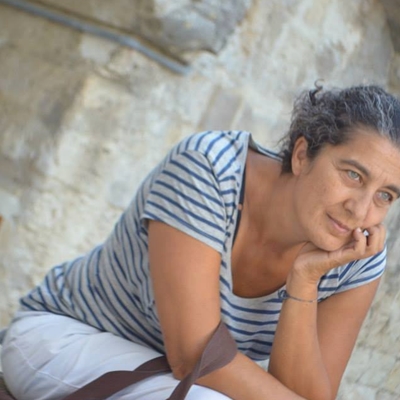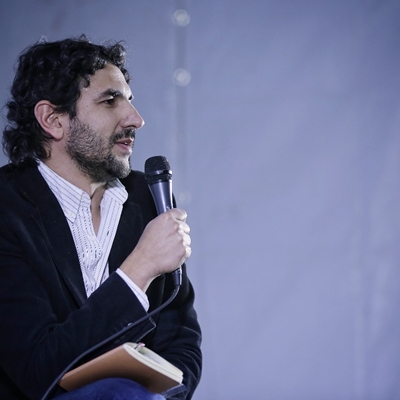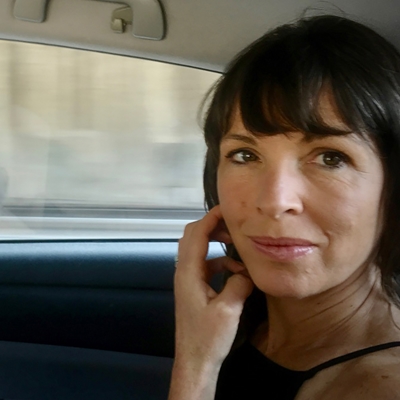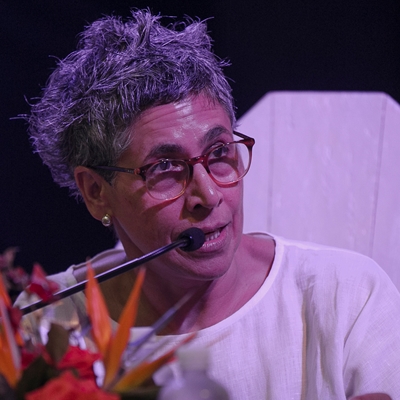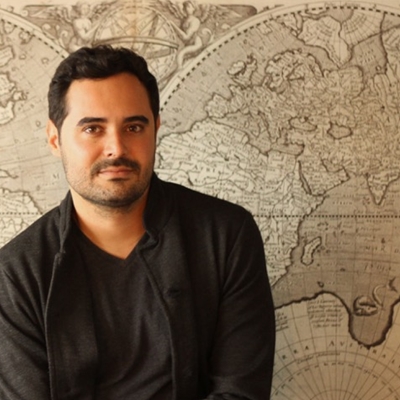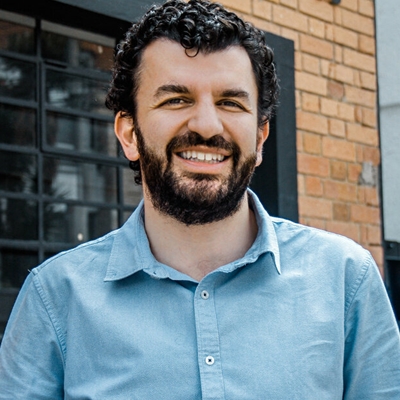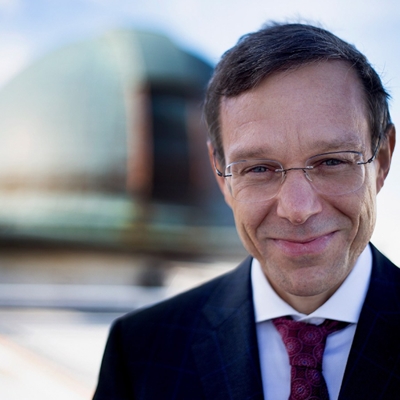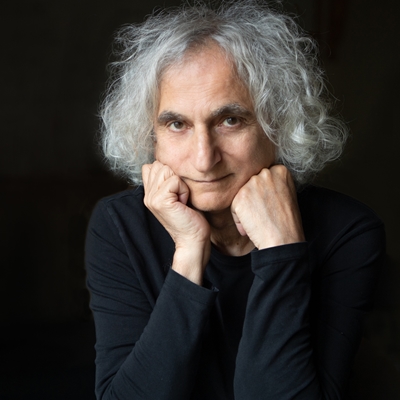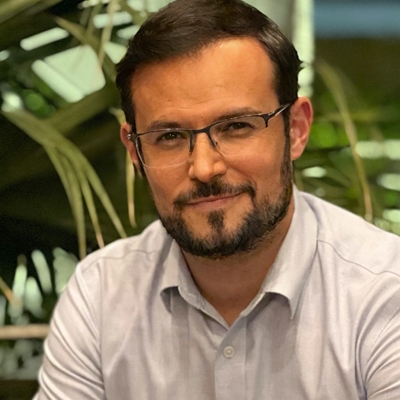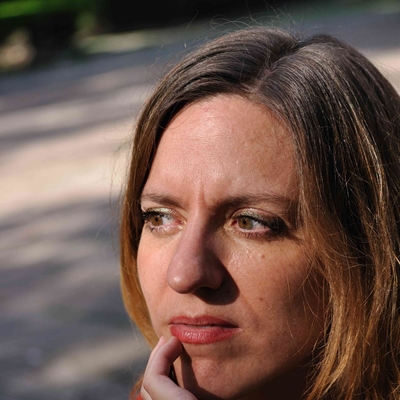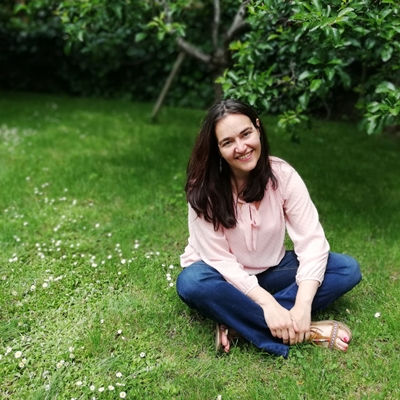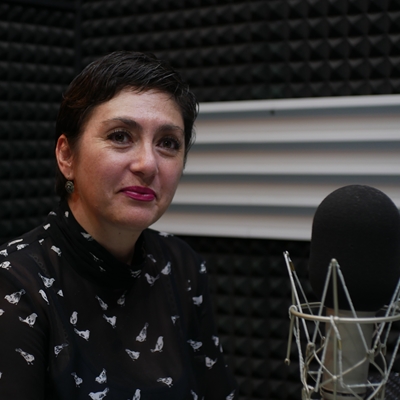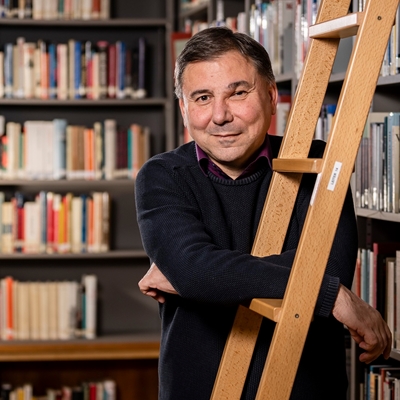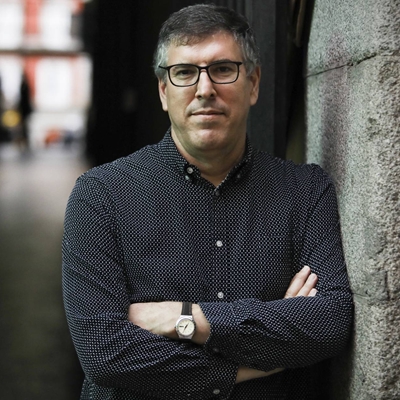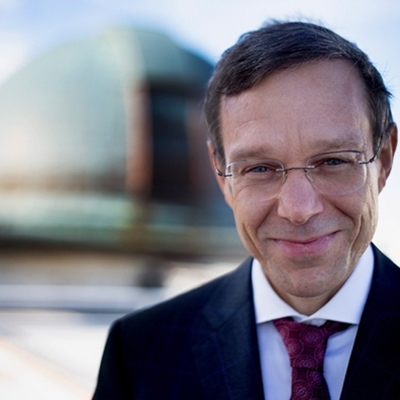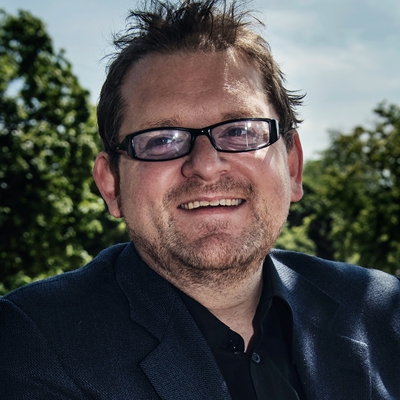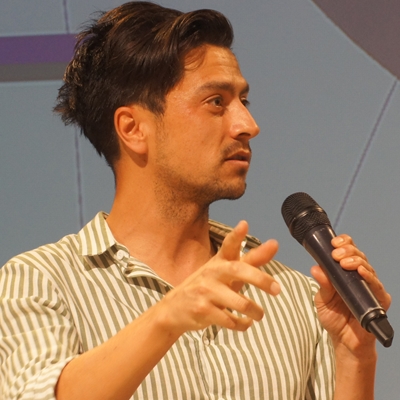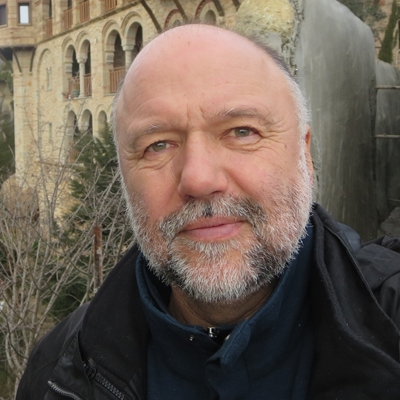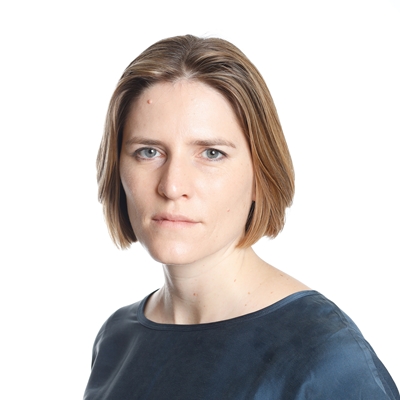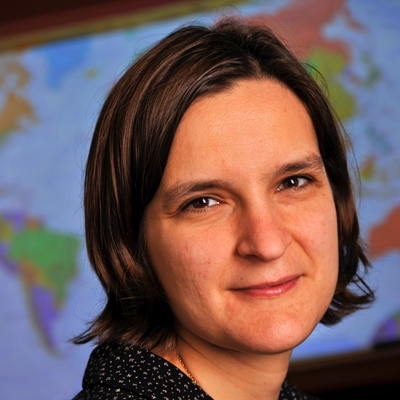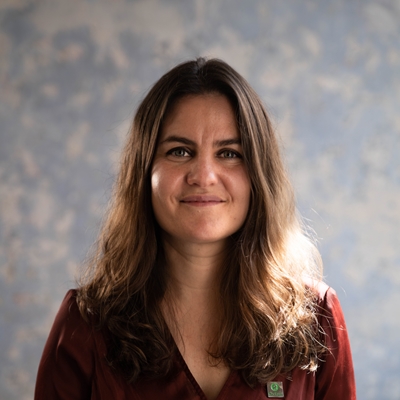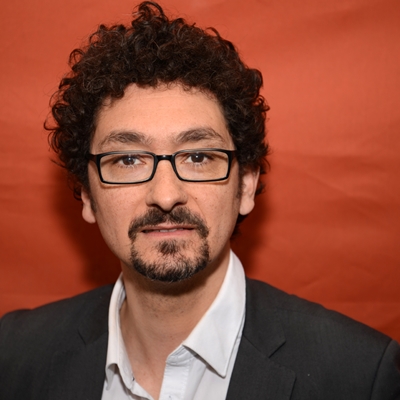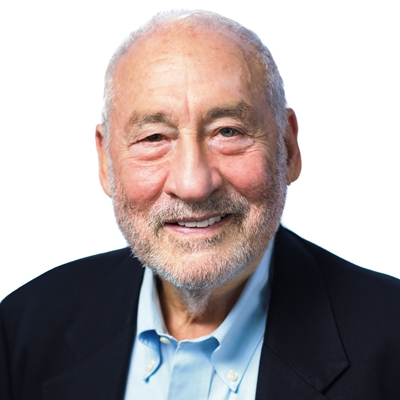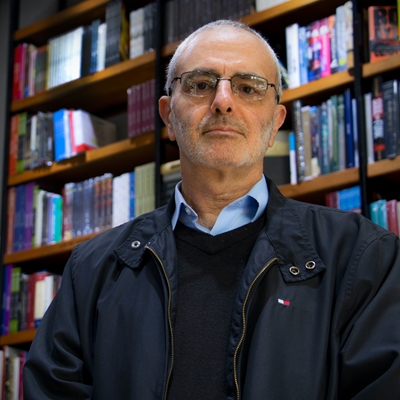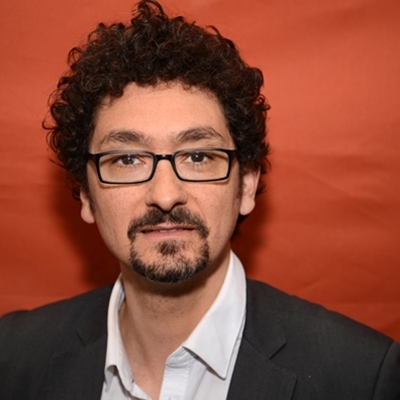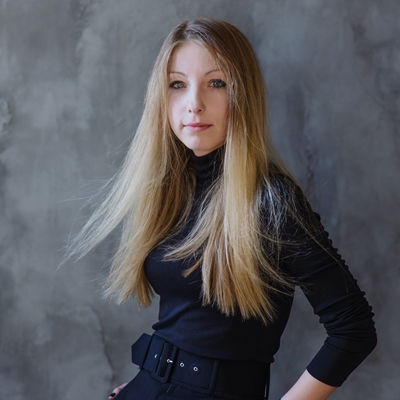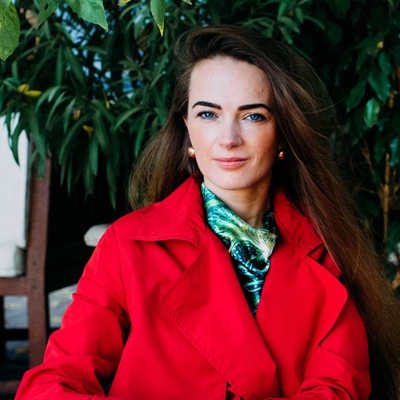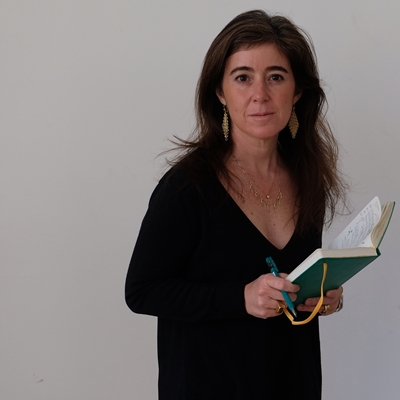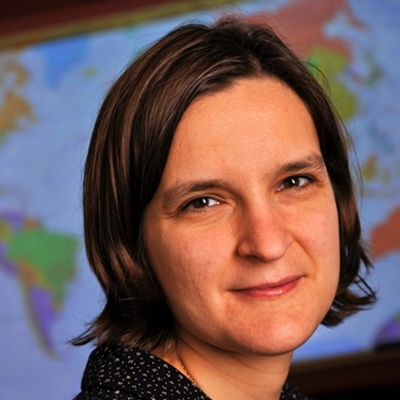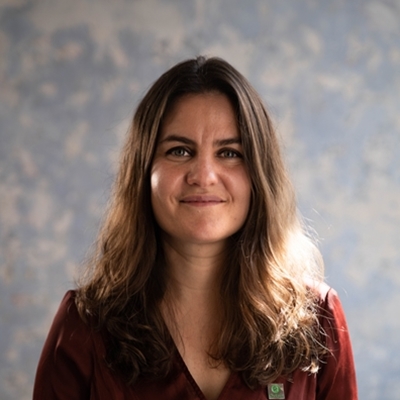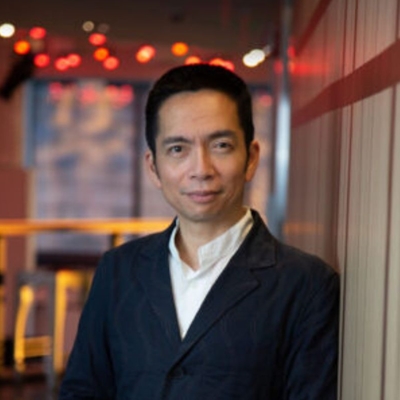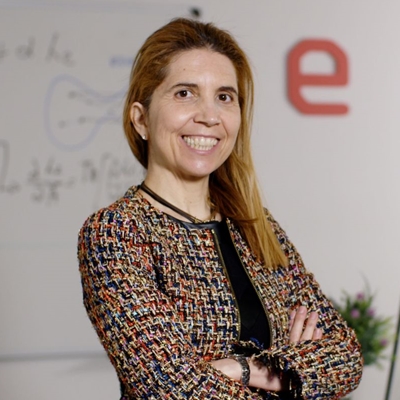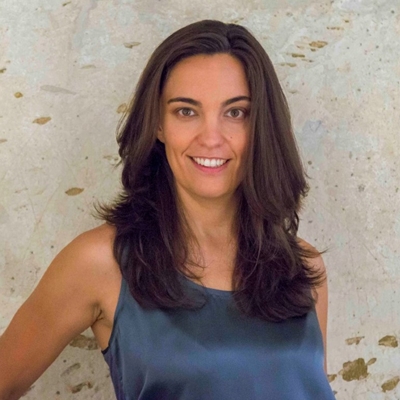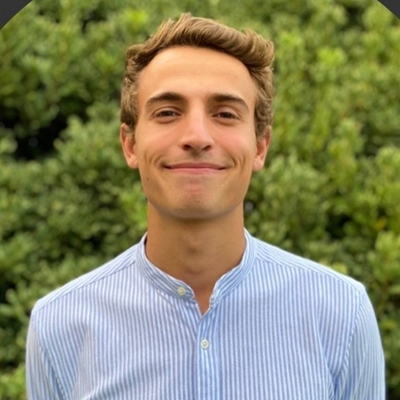Online Events
Event 12-Fr
Amin Maalouf in conversation with Guillermo Altares (French version)
Llwyfan Digidol Cymru – Wales Digital Stage
Amin Maalouf (Lebanon/France) is considered to be one of the most outstanding writers of French letters, and has won awards such as the Goncourt Novel Prize (1993) and the Prince of Asturias Literature Award (2010). His works include Le naufrage des civilisations, Leo Africanus and In the Name of Identity. At this event he will talk about Nos frères inattendus (2020), a novel about the experiences of Alec, an artist, and Eve, a successful writer, who live on a tiny island in the Atlantic Ocean. One day, the total failure of all means of communication indicates that the outside world has experienced an extraordinary and inexplicable transformation. This is a powerful parable for understanding the dilemma of our civilization and its uncertainty about the future. In conversation with the El País journalist, Guillermo Altares.
Buy books by Amin Maalouf at Librerías Gandhi
Register to watch onlineBuy Una lección olvidada by Guillermo Altares at Librerías Gandhi
Register to watch onlineWith the support of the French Embassy in Mexico and the French Alliance
Buy the books for this event
Event 46
Leonardo Padura in conversation with Juan Diego Quesada
Centro de Convenciones (Auditorio Getsemaní)
With the support of Promigas, Surtigas, Spec LNG and Fontur
Event 13
Ken Loach and Isabella Lorusso in conversation with Diego Rabasa (Spanish version)
Fighting Women
Llwyfan Digidol Cymru – Wales Digital Stage
Fighting Women is a compilation of interviews of Spanish women who took part in the civil war. Some took up arms and fought at the front, others participated in organizations such as POUM, Mujeres Libres or other anarchist groups. All of them fought against the nationalist forces and for women’s emancipation, and together they achieved social progress such as free, legal abortion. They started a revolution, and to do so they not only had to fight fascism, but sometimes also their own brothers-in-arms. The great impact of these testimonies invites us to reflect on a struggle that belongs to another time and yet is relevant today. Diego Rabasa (Mexico) talks to the film director Ken Loach (United Kingdom) and Isabella Lorusso (Italy), about this extraordinary message of rebellion and justice.
With the support of the British Council
Event 51
Rachel Cusk in conversation with Margarita Valencia
Centro de Convenciones (Auditorio Getsemaní)
The works of Canadian-British author Rachel Cusk have been published in over thirty languages. She is the author of works of fiction such as the iconic Outline trilogy (including the novels Outline, Transit and Kudos) and, most recently, Second Place, a story about bonds, the contradictions of motherhood, art, ageing, failure and the place of women, always determined by others. She has also published well-received non-fiction books, such as Aftermath: On Marriage and Separation and A Life's Work. Her work is critically acclaimed and popular around the world. Cusk has received a Guggenheim Fellowship and awards such as the Whitbread in the UK and the Prix Femina Etranger in France in 2022. The author will talk to Margarita Valencia.
Simultaneous interpreting from English to Spanish available
With the support of the British Council and Fontur
Event 56
Juanes and Diego Londoño in conversation with Juan Esteban Lewin Pinzón
El País América event
Centro de Convenciones (Auditorio Getsemaní)
The singer, composer, musician and musical legend in the Spanish-speaking world, the Paisa artist Juan Esteban Aristizábal, or Juanes, comes to Cartagena to talk about his book of memoire, Juanes by Diego Londoño, written with the journalist Diego Londoño (Colombia), author of various books about musicians. In conversation with Juan Esteban Lewin Pinzón.
Sponsored by El País Américas and with the support of Fontur
Event 14
Avi Loeb in conversation with Mario Arriagada Cuadriello (Spanish version)
Escenario Digital Hay Querétaro
In 2012, Avi Loeb (Israel/United States) was selected by Time magazine as one of the most influential people of the year for his research into outer space. He is Professor of Astronomy at Harvard University, a member of the American Academy of Arts & Science, and manages various astronomy and astrophysics projects, such as Harvard’s Black Hole Initiative, the Harvard-Smithsonian Center for Astrophysics’ Institute for Theory and Computation, and the Breakthrough Prize Foundation’s Science section. His work as a popular scientist covers themes such as the birth of stars, black holes, the future of the universe and extra-terrestrial life. His most recent book, Extraterrestrial: The First Sign of Intelligent Life Beyond Earth (2021) is about the discovery in 2017 of an interstellar object that sparked a serious debate into the possibility that it might be an artefact of alien technology. Avi Loeb, who began the discussion, tells the story in a book that is essential for an understanding of the situation that astronomy as a science finds itself in, one that reflects on humanity’s place in the universe today.
Buy Extraterrestre by Avi Loeb at Librerías Gandhi
Register to watch onlineBuy the book for this event
Event 60
Why did humans live in stasis throughout most of their existence? What lit the touchpaper of the enormous transformation of our lifestyles just a few hundred years ago? And why has this progress resulted in a vast inequality gap in our world? Asking these questions, the economist and thinker Oded Galor (United States/Israel) reveals, in his influential book, The Journey of Humanity, the keys to understanding two of the great mysteries in the evolution of humanity: progress and inequality. Galor is a Professor at Brown University (United States) and has researched, in depth, processes of change and their impacts, linking them to the economy and social organization. In conversation with José Manuel Acevedo.
Simultaneous interpreting from English to Spanish available
Oded Galor will participate remotely
The Big Ideas Platform. Sponsored by Baillie Gifford
Event 15
The original and innovative Mexican writer, Daniela Tarazona, is the author of the novels El animal sobre la piedra and El beso de la liebre, as well as a study of the famous Brazilian writer Clarice Lispector. She was named as one of Latin America’s 25 Literary Secrets by the Guadalajara International Book Fair and is a member of the FONCA National Network of Artists. Her most recent novel is Isla partida. The Spanish writer Elvira Valgañón has a degree in Spanish and English Philology and is the author of the novels Luna cornata and Invierno. Her most recent book is Línea de penumbra, a collection of stories inspired by figures that appear in the work of great painters such as Artemisia Gentileschi, Hans Memling, Francis Bacon, Caravaggio, Hieronymus Bosch and Domenico Ghirlandaio. They will talk to Claudia Ivonne Hernández about their most recent books.
Buy Línea de penumbra by Elvira Valgañón at Librerías Gandhi
Register to watch onlineBuy books by Daniela Tarazona at Librerías Gandhi
Register to watch onlineSubscribe to Bookmate and read 'El animal sobre la piedra' by Daniela Tarazona
Register to watch onlineWith the support of AC/E
Event 61
Ivan Krastev in conversation with Guillermo Altares
What is happening with the European Union?
Teatro Adolfo Mejía
With the rise of right-wing nationalist parties all over the continent, Brexit, the refugee emergency and the recent war in the Ukraine, the European Union is in crisis. At this event, the renowned intellectual and political commentator Ivan Krastev (Bulgaria) will reflect on the future of democracy in the European Union and the urgent challenges it faces. Ivan Krastev has analysed the European political union of the last 30 years in a number of book-length essays, including Is It Tomorrow Yet (2020), The Light That Failed: A Reckoning (2019) and After Europe (2017).
Simultaneous interpreting from English to Spanish available
Event 14-En
Avi Loeb in conversation with Mario Arriagada Cuadriello (English version)
Escenario Digital Hay Querétaro
In 2012, Avi Loeb (Israel/United States) was selected by Time magazine as one of the most influential people of the year for his research into outer space. He is Professor of Astronomy at Harvard University, a member of the American Academy of Arts & Science, and manages various astronomy and astrophysics projects, such as Harvard’s Black Hole Initiative, the Harvard-Smithsonian Center for Astrophysics’ Institute for Theory and Computation, and the Breakthrough Prize Foundation’s Science section. His work as a popular scientist covers themes such as the birth of stars, black holes, the future of the universe and extra-terrestrial life. His most recent book, Extraterrestrial: The First Sign of Intelligent Life Beyond Earth (2021) is about the discovery in 2017 of an interstellar object that sparked a serious debate into the possibility that it might be an artefact of alien technology. Avi Loeb, who began the discussion, tells the story in a book that is essential for an understanding of the situation that astronomy as a science finds itself in, one that reflects on humanity’s place in the universe today.
Buy Extraterrestre by Avi Loeb at Librerías Gandhi
Register to watch onlineBuy the book for this event
Event 63
Richard Firth-Godbehere in conversation with Daniel Pardo
A history of humanity through their emotions
Centro de Convenciones (Auditorio Getsemaní)
We humans like to believe that we act rationally, but the emotions are a much more important part of experience that most of us think. Richard Firth-Godbehere has put his thoughts on this matter into his book A Human History of Emotion, which analyses and studies the role of human emotions throughout history and in different cultures. In conversation with Daniel Pardo, the author will talk about how the emotions, in all their complexity and diversity, have modelled the world that we live in over the course of history. This fascinating work of non-fiction weaves together psychology, neuroscience, art, philosophy and religion.
Simultaneous interpreting from English to Spanish available
With the support of Fontur
Event 67
Andrey Kurkov in conversation with Emma Graham-Harrison
Hay Festival and Lviv BookForum series
Centro de Convenciones (Auditorio Getsemaní)
The Ukrainian writer, novelist and essayist, Andrey Kurkov, recently awarded the French Médicis Étranger Prize, started to write a diary when the first Russian rockets fell on Kiev on 24 February 2022. In Diary of an Invasion (2022), Kurkov chronicles the terrible impact of the conflict through a personal narrative, which is both a testament to Ukrainian identity and the day-to-day lives of his compatriots. Kurkov has published, in both English and Spanish, the books The Gardener From Ochakov, Death of the Penguin and the recent Grey Bees. In conversation with Emma Graham-Harrison.
Simultaneous interpreting from English to Spanish available
With the support of Open Society Foundations and Fontur
Event 16
Esther Duflo in conversation with Alexandra Haas (Spanish version)
Escenario Digital Hay Querétaro
The French economist and MIT academic Esther Duflo was an advisor to Barack Obama and in 2010 received the John Bates Clark Medal for the most outstanding economist in the USA aged under 40. Foreign Policy magazine has named her as one of the world’s 100 most influential thinkers and her books have been translated into over 15 languages. In 2019 she was one of the three recipients of the Nobel Prize for Economics, together with Abhijit Banerjee, with whom she wrote the recent book, Good Economics for Hard Times (2020); this work shows how economic theory, if used appropriately, can be useful when it comes to solving some of the most severe socio-political problems of our times: from migration to inequality, sluggish economic growth and runaway climate change. She will talk to the Executive Director of Oxfam Mexico, Alexandra Haas.
Unmissble moments with Esther Duflo with our BONUS TRACK
Buy books by Alexandra Haas at Librerías Gandhi
Register to watch onlineBuy books by Esther Duflo at Librerías Gandhi
Register to watch onlineEvent sponsored by SURA
Buy the books for this event
Event 17
David Foenkinos in conversation with María Luisa Sosa Delgado (Spanish version)
Teatro de la Ciudad
The acclaimed author, screenwriter and jazz musician, David Foenkinos (France), is the author of 18 novels which have been translated into around 40 different languages, and has also written works for the theatre, and books of young adult literature. His novel Delicacy (2012) was shortlisted for the prestigious literary prizes, the Goncourt, Renaudot, Médicis, Femina and the Interallié, and has been made into a film starring Audrey Tautou. His most recent novel Deux seours (2019) begins with Etienne announcing to Mathilde that "he is leaving", after a five-year relationship. Mathilde is shattered, and moves in with her sister and her family. From that point onwards, the plot begins to reveal new and unexpected nuances to the personality of Mathilde, some of them threatening. In conversation with María Luisa Sosa Delgado.
Buy books by David Foenkinos at Librerías Gandhi
Register to watch onlineWith the support of the French Embassy in Mexico and the French Alliance
Buy the book for this event
Event 73
Simultaneous interpreting from English to Spanish available
With the support of Esenttia, ISA and Ecopetrol
Event 17-FR
David Foenkinos in conversation with María Luisa Sosa Delgado (French version)
Teatro de la Ciudad
The acclaimed author, screenwriter and jazz musician, David Foenkinos (France), is the author of 18 novels which have been translated into around 40 different languages, and has also written works for the theatre, and books of young adult literature. His novel Delicacy (2012) was shortlisted for the prestigious literary prizes, the Goncourt, Renaudot, Médicis, Femina and the Interallié, and has been made into a film starring Audrey Tautou. His most recent novel Deux seours (2019) begins with Etienne announcing to Mathilde that "he is leaving", after a five-year relationship. Mathilde is shattered, and moves in with her sister and her family. From that point onwards, the plot begins to reveal new and unexpected nuances to the personality of Mathilde, some of them threatening. In conversation with María Luisa Sosa Delgado.
Buy books by David Foenkinos at Librerías Gandhi
Register to watch onlineWith the support of the French Embassy in Mexico and the French Alliance
Buy the book for this event
Event 76
Victoria Amelina and Oleksandra Matviichuk in conversation with Catalina Gómez Ángel
Hay Festival and Lviv BookForum series. Ukraine by its artists and activists
Centro de Convenciones (Auditorio Getsemaní)
Oleksandra Matviichuk (Ukraine), a lawyer and activist with the Center for Civil Liberties, winner of the 2022 Nobel Peace Prize together with Memorial and the activist Ales Bialiatski; and the artist and writer Victoria Amelina (Ukraine), will talk to Catalina Gómez Ángel about their country, the war that has changed the life of its inhabitants irreversibly and how to continue working in the midst of war.
Simultaneous interpreting from English to Spanish available
With the support of Open Society Foundations
Event 16-En
Esther Duflo in conversation with Alexandra Haas (English version)
Escenario Digital Hay Querétaro
The French economist and MIT academic Esther Duflo was an advisor to Barack Obama and in 2010 received the John Bates Clark Medal for the most outstanding economist in the USA aged under 40. Foreign Policy magazine has named her as one of the world’s 100 most influential thinkers and her books have been translated into over 15 languages. In 2019 she was one of the three recipients of the Nobel Prize for Economics, together with Abhijit Banerjee, with whom she wrote the recent book, Good Economics for Hard Times (2020); this work shows how economic theory, if used appropriately, can be useful when it comes to solving some of the most severe socio-political problems of our times: from migration to inequality, sluggish economic growth and runaway climate change. She will talk to the Executive Director of Oxfam Mexico, Alexandra Haas.
Unmissble moments with Esther Duflo with our BONUS TRACK
Buy books by Alexandra Haas at Librerías Gandhi
Register to watch onlineBuy books by Esther Duflo at Librerías Gandhi
Register to watch onlineEvent sponsored by SURA
Buy the books for this event
Event 6
Victoria Belim in conversation with Yael Weiss
Hay Festival Lviv Bookforum series
Teatro de la Ciudad
Journalist, writer and Farsi-language translator. Victoria Belim (Ukraine) grew up in the United States and currently lives in Belgium. She speaks 20 languages, including Chinese, Japanese and Indonesian. Her literary debut is entitled The Rooster House (2023) and is a work of memoire, told as a novel, about Vika, a woman who returns to the Ukraine of her birth to investigate the death of her great-great uncle in the 1930s. It is an exploration of the history of a country marked by conflict and devastation, one with a new war just beginning. Belim narrates this story, which is about both a family and a nation, in prose that is captivating, mysterious and beautiful. In conversation with Yael Weiss.
Simultaneous interpretation from French to Spanish available
With the support of Open Society Foundations

Event 13
John Maeda, Nuria Oliver, Teresa Lufuluabo and Juan Heslop in conversation with Marta Garcia-Aller
The Humanities in the age of Artificial Intelligence
IE University
In these changing times, it has become imperative to reflect on human creativity in a world in which artificial intelligences are also beginning to create. Hay Festival hosts a debate on the role that the humanities should play in the age of artificial intelligence and the intergenerational impact that it entails. In an conversation, moderated by journalist and author Marta Garcia-Aller, Nuria Oliver, a renowned scientist who co-founded and directs the ELLIS Alicante Foundation, an institute dedicated to exploring the impact of AI on humanity and John Maeda, a prominent American computer designer and engineer, known for his groundbreaking work at the intersection of technology, art, and the humanities who also holds the role of Vice President of Design and Artificial Intelligence at Microsoft, will delve into the imperative of AI, its impact on the humanities and its derivatives.
This conversation will be joined by two young people who are currently developing their studies in the field of technology: Teresa Lufuluabo, an orchestra conductor converted into a programmer thanks to Escuela 42 and its disruptive programming campus promoted in Spain by Fundación Telefónica, and Juan Heslop, a recent graduate in Data Science from IE University, winner of poetry and essay prizes from the IE Foundation, singer and digital analyst in a consulting firm.
Event with simultaneous translation from English to Spanish and vice versa.
Organised together with the Fundación Banco Sabadell, Fundación Telefónica and Fundación IE
Explore All Genres
- Afrodescendencias
- Latin America
- South to South
- Art
- Arts & Culture
- Children
- Classics
- Crime
- Culture
- Drawing
- Economics
- Equality
- Film
- Gender
- Health
- Heritage
- History
- Human Rights
- Indigenous Cultures
- Journalism
- Life
- Literature
- Lviv BookForum
- Medicine
- Memoir
- Music
- Nature & Environment
- Philosophy
- Politics
- Psychology
- Science
- Thinking
- World Affairs
- Young Adult





